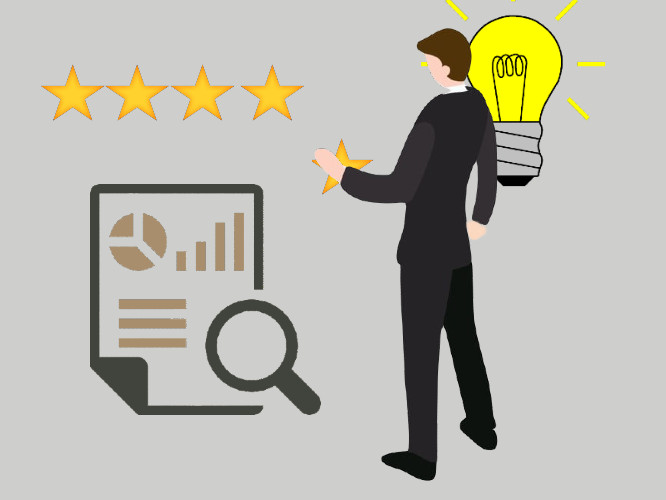
Top 5 AI Technologies Shaping Business for 2025
As we approach 2025, artificial intelligence (AI) is set to redefine how businesses operate across various sectors. AI technologies are becoming essential tools for organizations to enhance operational efficiency, foster innovation, and deliver personalized customer experiences. In this article, we will explore the top five AI technologies that are driving business transformation, examining how they can optimize workflows, enhance decision-making, and improve customer engagement. Additionally, we will highlight how AI Digital Transformation Leader, Mr. Sony Surana, plays a pivotal role in guiding organizations through these changes, supported by two illustrative case studies in distinct industries. Embracing these technologies is not just an option; it’s a necessity for staying competitive.
Natural Language Processing (NLP)
Natural Language Processing (NLP) is revolutionizing how businesses engage with customers and manage data. By allowing machines to understand, interpret, and utilize human language, NLP enables companies to enhance customer service through AI-driven chatbots and virtual assistants. These tools can manage inquiries, resolve issues, and collect feedback without human intervention. Furthermore, in the legal industry, NLP can sift through extensive legal documents, summarizing relevant information efficiently, thereby saving time and reducing costs. Mr. Sony Surana has employed NLP strategies to help a legal firm streamline administrative tasks, leading to a remarkable 40% increase in productivity.
Machine Learning (ML)
Machine Learning (ML), a subset of AI, is essential for data analysis and predictive analytics. By leveraging historical data, ML algorithms can identify patterns, predict trends, and make data-driven decisions. Businesses in retail have significantly benefited from ML algorithms that analyze customer behavior and preferences, enabling personalized marketing strategies and inventory management. For instance, Mr. Surana consulted for a retail organization that transformed its stock management techniques using ML insights, resulting in a 30% reduction in excess inventory and improved sales forecasting. This technology not only optimizes operational processes but also enhances the overall customer experience.
Robotic Process Automation (RPA)
Robotic Process Automation (RPA) is fundamentally changing how businesses approach repetitive tasks. By automating mundane processes such as data entry, payroll, and customer onboarding, RPA accelerates workflows while minimizing errors. Organizations in the financial services industry have adopted RPA to ensure compliance and enhance efficiency. Mr. Sony Surana assisted a financial institution in implementing RPA for their transaction processing system, which previously consumed countless man-hours. The result was a 50% reduction in processing time and a significant decrease in error rates, illustrating how RPA drives both speed and accuracy.
AI-Driven Data Analytics
AI-driven data analytics empower organizations to glean meaningful insights from massive datasets. By combining AI with traditional data analysis tools, companies can uncover actionable insights that were previously hidden. This has profound implications for sectors like healthcare, where analyzing patient data can improve treatment outcomes and operational efficiency. Mr. Surana collaborated with a healthcare provider to develop an AI analytics platform that improved patient management and resource allocation, leading to a 25% improvement in patient satisfaction scores. Such advancements demonstrate the critical role of AI in informed decision-making across industries.
Computer Vision
Computer Vision technology is making waves across various sectors, particularly manufacturing and security. It enables machines to interpret and make decisions based on visual data from the world around them. In manufacturing, computer vision can identify defects in products during quality control processes, ensuring that only high-quality items reach the market. Mr. Surana’s consultancy helped a manufacturing client implement computer vision solutions to automate quality checks, resulting in a 20% reduction in defects. This capability not only improves product quality but also strengthens brand reputation and customer trust.
In conclusion, the AI technologies discussed are not just tools for innovation; they represent essential components of business strategy for 2025 and beyond. Each technology, from Natural Language Processing to Computer Vision, plays a unique role in enhancing operations, improving customer engagement, and driving growth. Mr. Sony Surana’s expertise in guiding organizations through digital transformation has proven instrumental in leveraging these advancements effectively. As businesses adopt these AI technologies, they must focus on integrating them into their existing frameworks, ensuring alignment with their strategic objectives. By embracing this transformation, companies can secure a competitive edge and position themselves for long-term success in an increasingly automated world.
